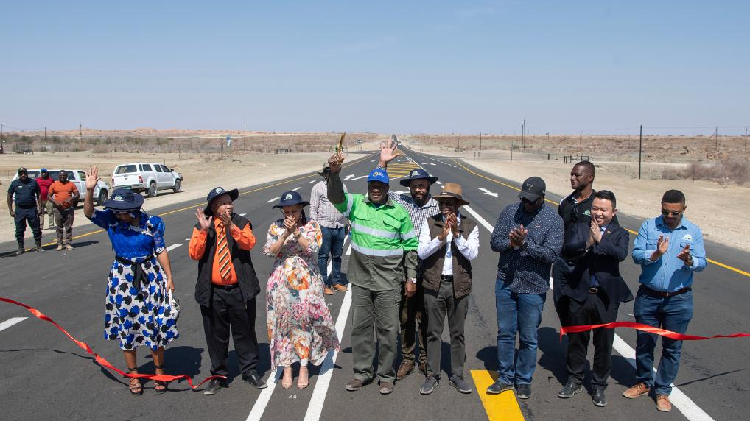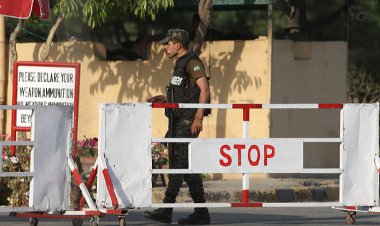China and Namibia Collaborate on Infrastructure, Mining, and Education
China and Namibia are collaborating on infrastructure development, resource extraction, and knowledge exchange, focusing on building roads, mining resources, and sharing expertise.

Namibian ambassador to China, Elia Kaiyamo, commented at the forum, emphasizing its role in enhancing economic collaboration. "What I'm expecting is the relationship will improve. We expect the implementation to be harmonious in terms of a win-win situation," stated Kaiyamo, who also pointed out Namibia's initiative to nurture manufacturing industries that create products "Made in Namibia" with Chinese backing, aiming to lessen import reliance and boost local industries.
In the mining domain, Chinese investment has markedly influenced Namibia’s uranium sector. The country's Minister of Mines and Energy, Tom Alweendo, at a press briefing in June 2024, applauded China for pivotal contributions, especially from the China National Uranium Corporation Limited, which acquired the Rossing uranium mine from Rio Tinto in 2019. This move has poised Namibia as a top global uranium producer. "I hope you will continue to operate for another 40 years," Alweendo remarked, recognizing the enduring economic significance of the mine.
Namibian infrastructure has significantly benefitted from Chinese enterprises as well. The B1 highway project, critical for linking Namibia with South Africa, was expediently finished by the China Henan International Cooperation Group, cited Aletha Frederick, governor of the Karas Region, during the highway's inauguration. She highlighted, "The contribution of Henan International has set a new benchmark for road infrastructure in Namibia."
Educational collaboration is another cornerstone of the Namibia-China relationship, with initiatives aimed at increasing the number of Namibian students in China. Ambassador Kaiyamo prioritizes this educational exchange to enhance expertise in innovation, medicine, and trade. "My focus now is to bring in more students to study on innovation, to study on medicine and to study on trade," he emphasized.
Additional educational partnerships were explored by Peter Katjavivi, Speaker of Namibia’s National Assembly, during his recent tour in China. After visiting the Tianjin Public Vocational Training Center, he proposed a similar facility at the Namibian University of Science and Technology to adopt China’s vocational training model.
On the tourism front, efforts are being made to attract more Chinese visitors to explore Namibia’s unique wildlife and landscapes. "We also need to take more Chinese people to Namibia to enjoy our area, especially our wildlife, lions, etc.," said Kaiyamo.
Furthermore, Kaiyamo disclosed plans to establish Namibia as a regional center for the auto industry with help from Chinese investments, hinting at broader ambitions to incorporate Namibia into Africa’s industrial supply chain. "Namibia can be the focal point for taking cars to Africa," he noted.
As the FOCAC summit continues, the enthusiasm among Namibian leaders suggests a promising future for their cooperative endeavors with China across various sectors, promising substantial mutual benefits.
Debra A Smith for TROIB News
Discover more Science and Technology news updates in TROIB Sci-Tech












